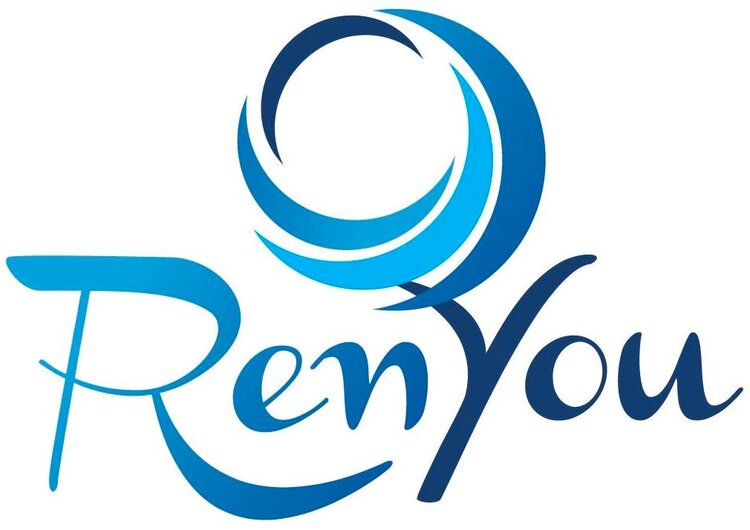By Richard Labaki
The American president Abraham Lincoln practiced as a lawyer before going into politics. And during one notable trial, he finished his summing up to the jury by saying, “My learned opponent [the prosecutor] has given you all the facts but has drawn the wrong conclusions.” Upon losing the case, the prosecutor asked Lincoln how he was able to turn the jury around. “Well, during the recess I wandered into a café, sat with the jury and told them a story,” Lincoln answered. “It was about a farmer who was mending a fence, when his ten-year-old son came running shouting, ‘Dad, sister is up in the hay loft with a man and he is pulling down his pants and she is pulling up her skirt and I think they are going to pee all over the hay.” According to Lincoln, the farmer said to his son, “You got all the facts straight, but you have drawn the wrong conclusion.”
I remember this amusing story every time someone comes to me for help after he or she had exhausted time and energy researching and trying out random methods to improve their health. In many instances, a lot of harm had been done in the process (following the wrong dietary routes, taking the wrong kinds of supplements or dosages, etc.) I mean let’s face it: The internet has opened the floodgates of information. Any topic and not just health could be delved into just by typing in the right words on Google. Nevertheless, this has also made people more susceptible to falling victims to misinformation or disinformation. After all, not everything you learn through the internet is properly scrutinized by experts and substantiated by trustworthy studies. There are those who try to manipulate information in order to serve their own ends (for example, turning people into consumers.) And there are those who simply share their presumed success stories or personal opinions thinking that what worked for them could work for everyone else (some even go as far as presenting themselves to be health gurus despite the lack of credentials.) But even if you do acquire all the right health facts through the internet that does not mean you will be able to draw the right conclusions.
Facts are simply pieces of information, which need to be organized into a body of knowledge. And knowledge could be of value only in the right hands (an expert who has spent years studying, practicing and testing.) Therefore, it is preposterous to assume that through acquiring facts alone one would be able to handle something as important and sensitive as health-related issues! So what does this mean? Am I recommending that people stop trying to educate themselves about wellbeing and stop seeking natural means that facilitate healing? Surely not! All I am saying is that people need to be vigilant in scrutinizing the information they come across through any medium and not just the internet. Moreover, it will always be a wise policy to seek professionals, who are able to 1) differentiate between what is true and what is false, and 2) have the required experience to steer you in the right direction. The role of a good therapist is not to turn you into a lifelong client in order to make money out of you. His or her role is to help you make the shift to a healthier and more vibrant life until you are able to continue down that road on your own.
If you found this article interesting, please "share" and "like". And feel free to leave your comments/questions below - would love to hear your opinion and answer your questions.


